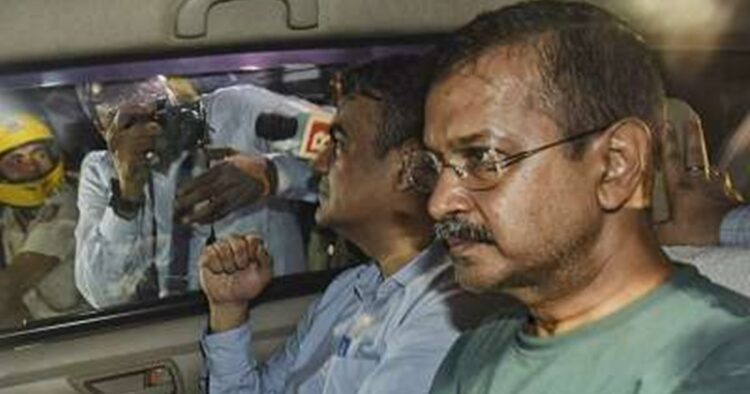Delhi Chief Minister Arvind Kejriwal’s legal troubles deepened as the Rouse Avenue Court reserved its order on the Central Bureau of Investigation’s (CBI) plea for his judicial custody. The CBI alleges that Kejriwal, a prominent political figure, is obstructing their investigation into an excise policy corruption case by evading direct answers and not cooperating fully.
As per the CBI, Kejriwal failed to explain why his government hurriedly approved a revised excise duty policy during the COVID-19 second wave, coinciding with meetings involving accused persons and his close associate Vijay Nair. The agency claims Kejriwal avoided questions about Nair’s role and interactions with stakeholders.
Earlier, the Delhi court had granted CBI custody of Kejriwal for three days after his arrest in connection with the excise policy corruption case. This arrest followed another related to money laundering, where he was granted bail and subsequently stayed by the Delhi High Court.
Legal Implications and Future Steps
Kejriwal may remain in CBI custody for up to 15 days, depending on the progress of the investigation. If bail is not secured in both cases – CBI and Enforcement Directorate (ED) – he could revert to judicial custody after his current remand expires.
Recently, his judicial custody in the money laundering case was extended till July 3, further complicating his legal predicament.

















Comments